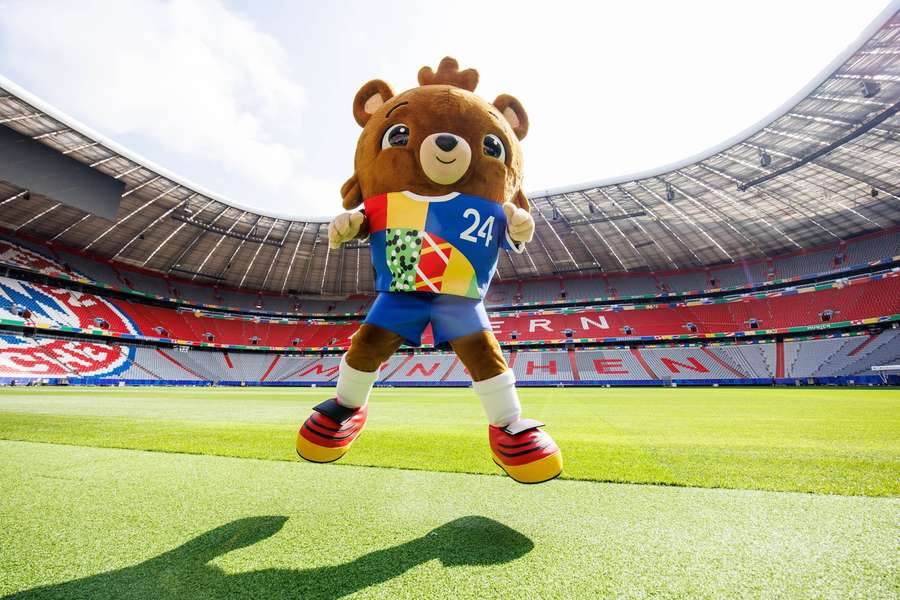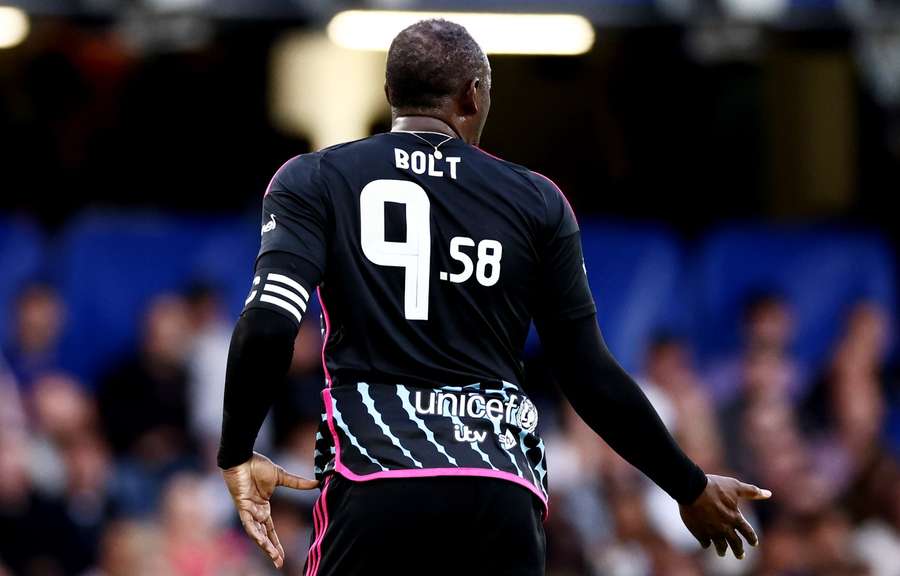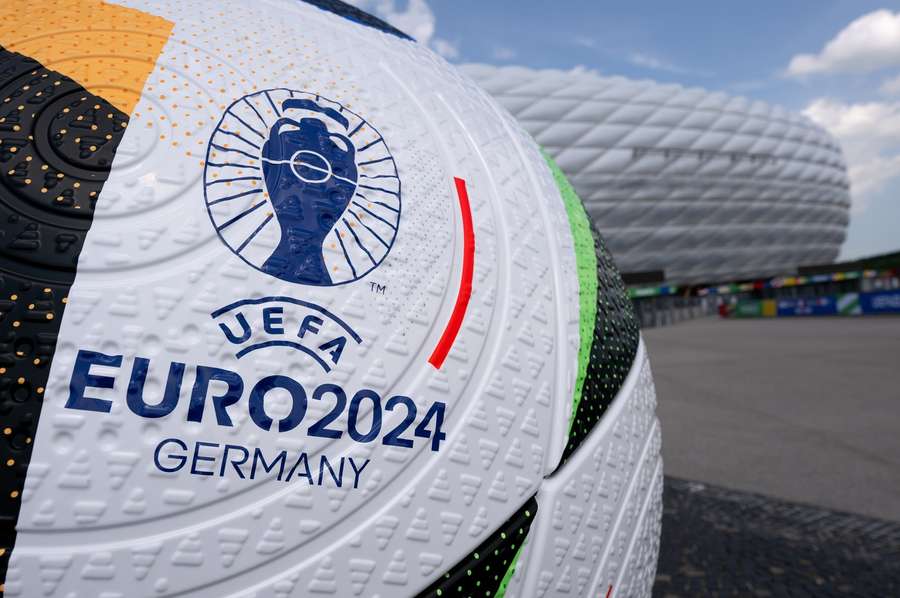Here, Flashscore gathered some facts you may not know about this summer's competition.
Fussballliebe and Fire
1: When the Allianz Arena stages the opening game of the tournament between hosts Germany and Scotland, it will become the first stadium in history to host matches in consecutive Euros tournaments.
Bayern Munich's home stadium was one of 11 stadiums that hosted matches at Euro 2020. It hosted all three of Germany's group-stage games as well as the quarter-final between Belgium and eventual champions Italy.
2: The official Euro 2024 match ball is called the Fussballliebe, which is German for 'love of football' and is manufactured by Adidas. The decision on the official mascot was left to a vote, and the people decided that Albärt the bear best represented Germany's hosting of the tournament. The official song is 'Fire' by OneRepublic, MEDUZA, and Leony.

3: Cristiano Ronaldo is in line to extend all manner of Euros records this summer. The Portuguese legend will be taking part in his sixth tournament and already boasts the most appearances (25) and the most goals (14).
The 39-year-old's love affair with the Euros began in 2004, before his team-mate Joao Neves was born, and if he scores at the upcoming tournament he could replace Austria's Ivica Vastic as the oldest goalscorer at the finals.
Vastic achieved the feat at 38 years and 257 days, and Ronaldo is 39 already. However, his team-mate Pepe will actually be the oldest player at the tournament, and will be hoping to get on the scoresheet himself.
'We are the Wildcard'
4: The Brandenburg Gate is set to become the world's largest goal during the championship, standing at 63 by 21 metres and weighing in at 40 tonnes.
The nearby Green Mile fan zone will consist of 24,000 square metres of artificial turf which will be repurposed for football pitches in Berlin after the tournament, according to the Visit Berlin website.
5: Having beaten 2004 winners Greece in a penalty shootout in Tbilisi in March, Georgia are taking part in their first-ever Euros, and in fact a first-ever major tournament.
Willy Sagnol is in charge of the Georgians, with the Frenchman one of a few managers at Euro 2024 to have featured in previous editions as a player.
"We are the wildcard, slipping into this tournament rather unnoticed," Sagnol said of Georgia’s hopes.
"What's certain is that whether we're playing Portugal, Czechia or Turkiye, we will never give up and we'll give everything we have."
6: Romania are coached by Edward Iordănescu, who led his side through to an unbeaten qualifying campaign which took Romania to a first major finals since Euro 2016. At that tournament eight years ago, Romania were coached by Iordănescu's father, Anghel.
It was his second stint at the helm of the national side; Iordănescu senior coached Romania to a World Cup quarter-final in 1994, after they topped their group and beat Argentina in the last 16. It was undoubtedly their best performance at a major tournament, and Iordănescu junior wants to conjure similar success.
"I believe that if we continue on this good path that we are on now, we can go to the European Championship and create some beautiful moments for Romania and the Romanian fans. That's all I hope for," the younger Iordănescu said.
The home of Bolt's records
7: England's base camp for the tournament is Blankenhain, while Scotland will be based in Garmisch-Partenkirchen. Garmisch-Partenkirchen played host to the 1936 Winter Olympic Games. Familiar climate for the Scots, then.
8: Didier Deschamps and Ronald Koeman are both aiming to become the second person in history to win a Euros tournament as a player and as a coach. Koeman was part of the Netherlands' winning side in the 1988 edition, while Deschamps captained his side to glory in 2000.
The only man to achieve the feat so far is Berti Vogts, who was a player in the West Germany squad that won the 1972 tournament, and as Germany coach he guided his side to the 1996 title - defeating an England team on the way that featured current England boss Gareth Southgate.
9: When Jude Bellingham replaced Harry Kane in the 82nd minute of England's 1-0 victory over Croatia at Euro 2020, he became the youngest player in the tournament's history at 17 years and 349 days.
However, his record lasted less than a week as Poland's Kacper Kozlowski set a new benchmark at 17 years and 246 days during his side's draw with Spain six days later.
Kozłowski's record stands to this day, but it will almost certainly be broken this summer by Spain's Lamine Yamal, who doesn't turn 17 until the day before the tournament's final. Yamal will be 16 years and 337 days old on the day of Spain’s opening game against Croatia on June 15th.
10: The final will be played at the Olympiastadion in Berlin, which hosted the 2006 World Cup final and a host of other flagship football events. However, it is also famous for its athletics history.

Not only was the venue for Jesse Owens' historic showing at the 1936 Summer Olympics, but it was also the venue at which, in 2009, Usain Bolt ran the 100m in a time of 9.58 seconds and the 200m in 19.19.
Both are world records that still stand today, and Bolt doesn't want the world to forget. Over the weekend, he turned out at Stamford Bridge to captain the World XI at Soccer Aid wearing a shirt bearing the number 9.58.

